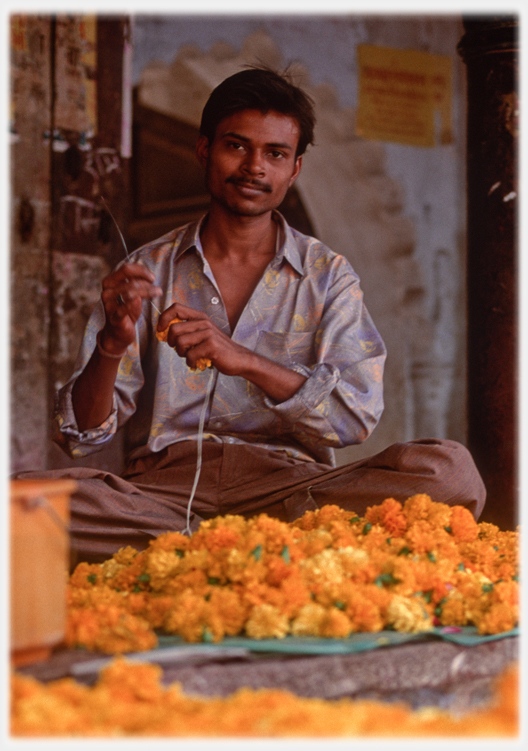
Gift Economy
To name the world as gift is to feel your membership in the web of reciprocity. It makes you happy - and it makes you accountable. Conceiving of something as a gift changes your relationship to it in a profound way, even though the physical makeup of the “thing” has not changed.... When something moves from the status of gift to the status of commodity, we can become detached from the mutual responsibility. We know the consequences of that detachment.... A gift economy nurtures the community bonds that enhance mutual well-being; the economic unit is “we” rather than “I”, as all flourishing is mutual.
Robin Kimmerer (2024)

Over the last 100 years anthropologists have been arguing about gifts, giving, and the meanings ascribed to them. From these discussions came the concept of the Gift Economy: “where valuables are not traded or sold, but rather given without an explicit agreement for immediate or future rewards.”* Kimmerer, in her accessible little book, picks up on this idea, based on historically distant communities, and reflects on its application to our present
crisis.
 Marx took a great interest in reciprocity in village cultures in his later life.
Contemporary examples
abound.
Marx took a great interest in reciprocity in village cultures in his later life.
Contemporary examples
abound.
 Especially if we broaden the idea to the related concept of Mutual Aid.
This garland maker belongs to a part of India where garlands are often de rigueur; but at the time of giving
‘no thing’
Especially if we broaden the idea to the related concept of Mutual Aid.
This garland maker belongs to a part of India where garlands are often de rigueur; but at the time of giving
‘no thing’
 The arguments about Gift Economies are very much bound up with commodification..
is required in response. More broadly, extremely large sums of money rotate between extended friendship and family groups in Vietnamese society; reciprocity of some form is axiomatic, but not specifiable; and the Vietnamese language replaces the idea of “I” with a
relationship
The arguments about Gift Economies are very much bound up with commodification..
is required in response. More broadly, extremely large sums of money rotate between extended friendship and family groups in Vietnamese society; reciprocity of some form is axiomatic, but not specifiable; and the Vietnamese language replaces the idea of “I” with a
relationship
 Introducing, the rather wonderful, Vietnamese pronouns.
Introducing, the rather wonderful, Vietnamese pronouns.
term. Giving blood, using Linux, rallying to disasters, raising huge sums for
charity
 An angle on some charities' potential shortcomings
An angle on some charities' potential shortcomings
these are all part of many people’s lives; the Gift Economy is no historical anachronism.
The quotes are taken from pages 22, 25 & 33 of The Service Berry: An economy of Gifts and Abundance, published by Allan Lane. *Cheal, David J (1988). The Gift Economy, New York: Routledge. pp. 1–19.
The photograph was taken in Naini market, Uttar Pradesh, northern India.
Above, hovering on blue introduces a link: click to go, move away to stay.

Saturday 21st December 2024
 ...guide to this site
...guide to this site